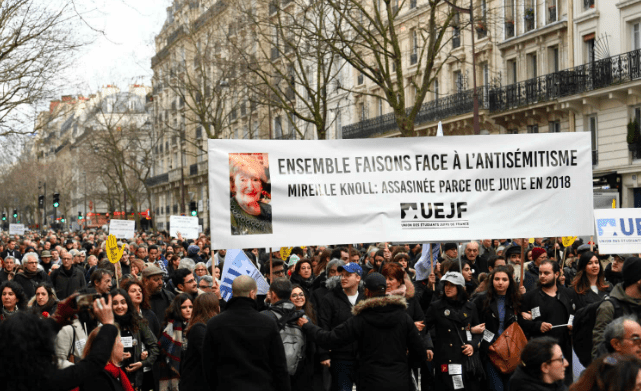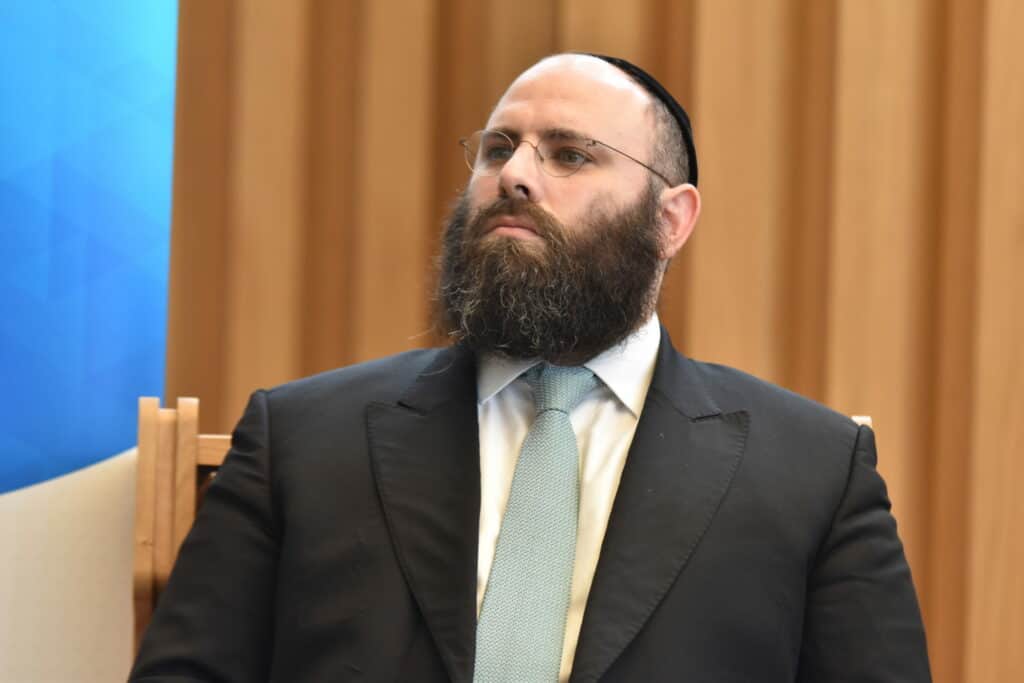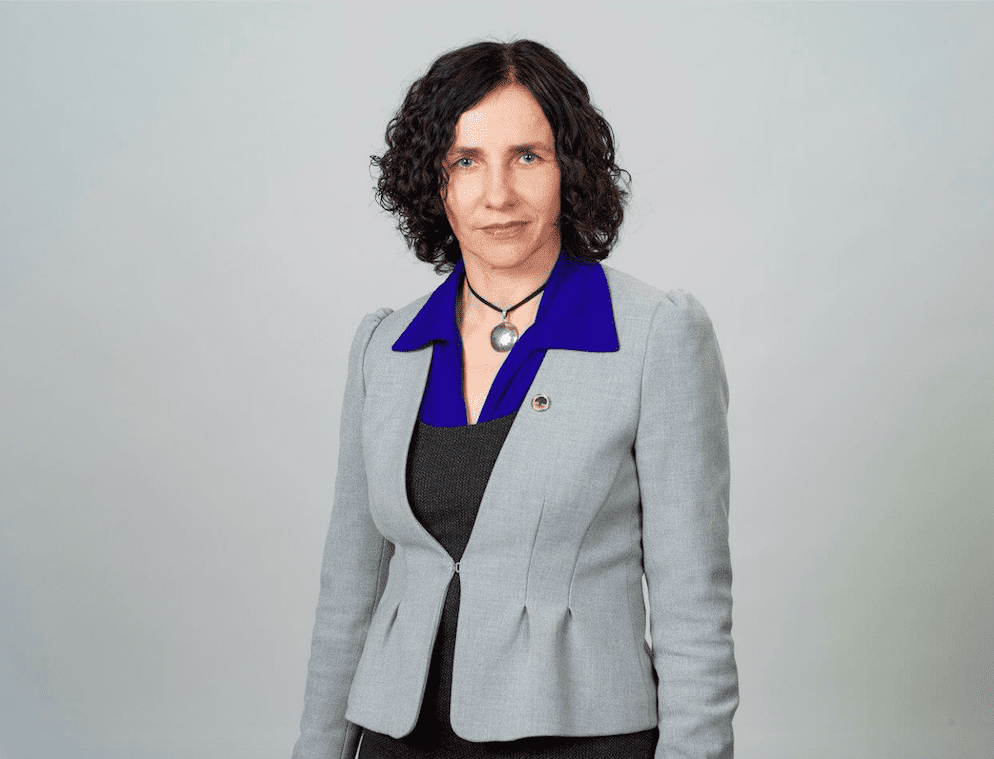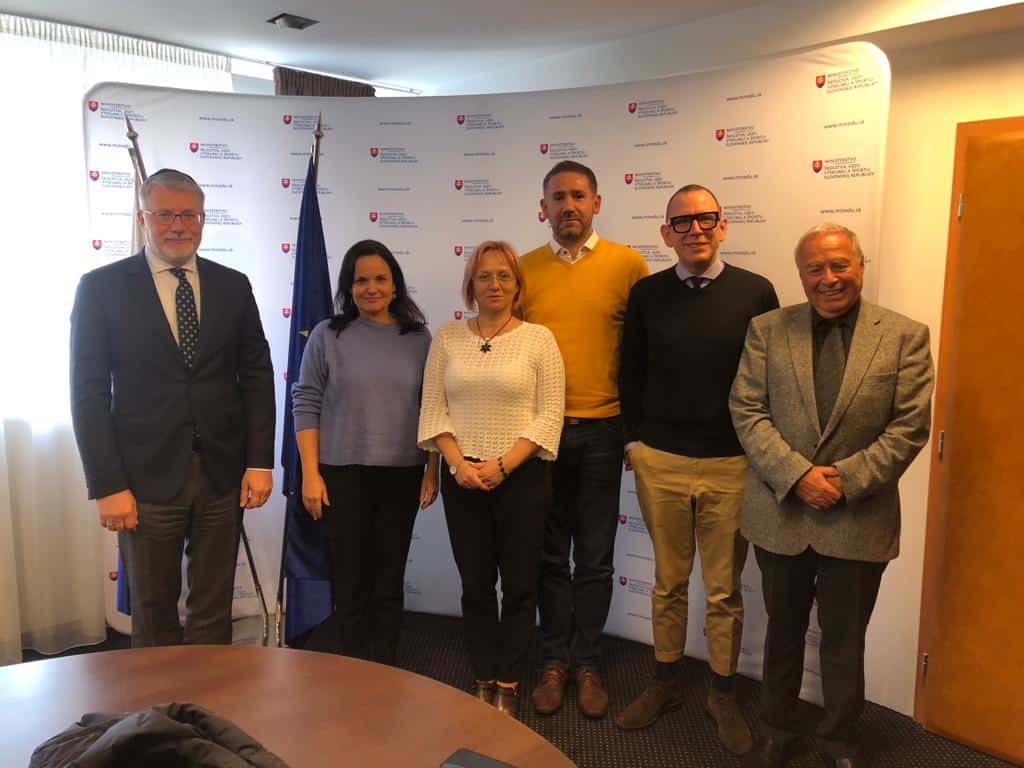The highest court in Greece has ruled against allowing ritual slaughter, fulfilling fears that some Jewish leaders voiced last year after the European Union’s top court ruled in support of such bans.
Last December, the EU’s highest court upheld the bans imposed in regions of Belgium against slaughtering animals for meat without stunning them first. The ruling meant that slaughter in accordance with Jewish law, which requires animals be conscious when their necks are cut, would be prohibited in those regions, as it is in some other parts of Europe.
Greece’s top court doesn’t cite that ruling in its decision on a petition filed by the Panhellenic Animal Welfare and Environmental Federation, according to the Greek news site Protothema. But Jewish watchdogs who have been monitoring bans on ritual slaughter across the European continent say the connection is undeniable.
“We warned in December about the downstream consequences that the European Court of Justice ruling carried with it, and now we see the outcome,” says Rabbi Menachem Margolin, chairman of the European Jewish Association. “Jewish freedom of religion is under direct attack. It started in Belgium, moved to Poland and Cyprus and now it is Greece’s turn.”
The Greek court says there should be ways to meet the demands of animal rights advocates and the needs of Jews and Muslims who follow the laws about food in their traditions.
“The government should regulate the issue of slaughtering animals in the context of worship in such a way as to ensure both the protection of animals from any inconvenience during slaughter and the religious freedom of religious Muslims and Jews living in Greece,” the court says, according to Protothema.
Greece’s top court doesn’t cite that ruling in its decision on a petition filed by the Panhellenic Animal Welfare and Environmental Federation, according to the Greek news site Protothema. But Jewish watchdogs who have been monitoring bans on ritual slaughter across the European continent say the connection is undeniable.
“We warned in December about the downstream consequences that the European Court of Justice ruling carried with it, and now we see the outcome,” says Rabbi Menachem Margolin, chairman of the European Jewish Association. “Jewish freedom of religion is under direct attack. It started in Belgium, moved to Poland and Cyprus and now it is Greece’s turn.”
The Greek court says there should be ways to meet the demands of animal rights advocates and the needs of Jews and Muslims who follow the laws about food in their traditions.
“The government should regulate the issue of slaughtering animals in the context of worship in such a way as to ensure both the protection of animals from any inconvenience during slaughter and the religious freedom of religious Muslims and Jews living in Greece,” the court says, according to Protothema.
https://www.timesofisrael.com/liveblog_entry/greeces-top-court-bars-ritual-slaughter-after-recent-eu-ruling-upholding-bans/














